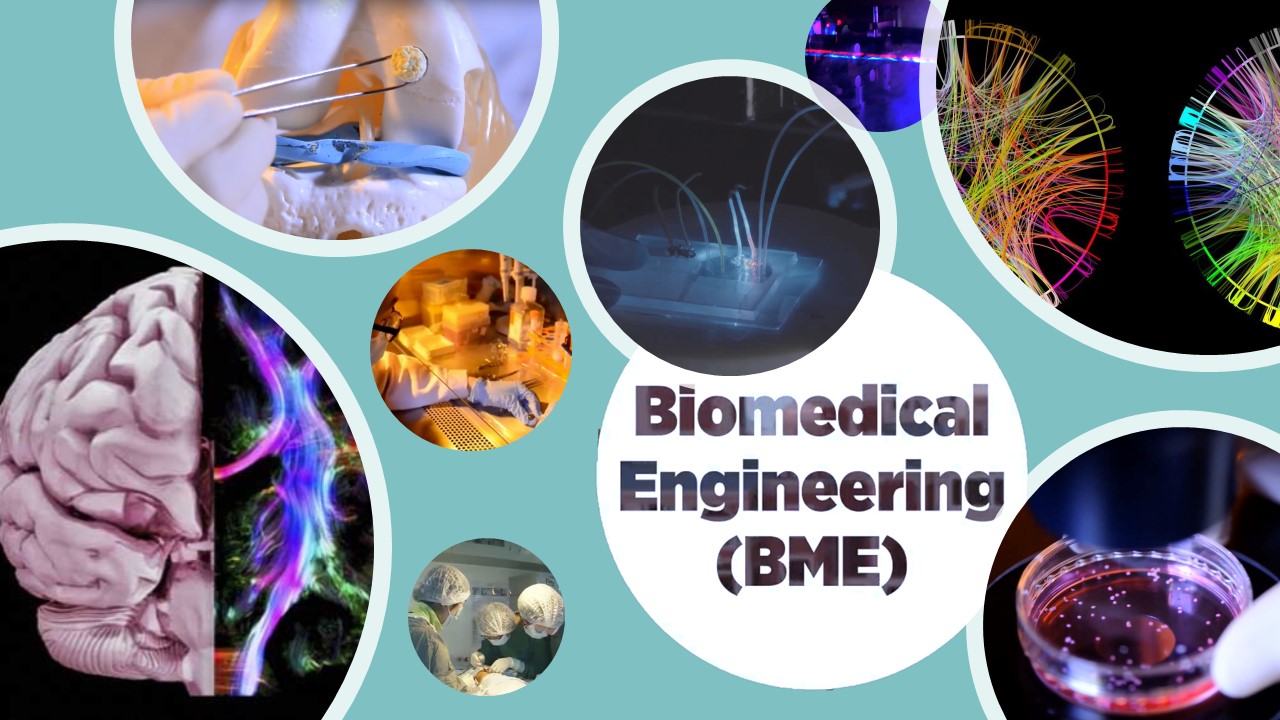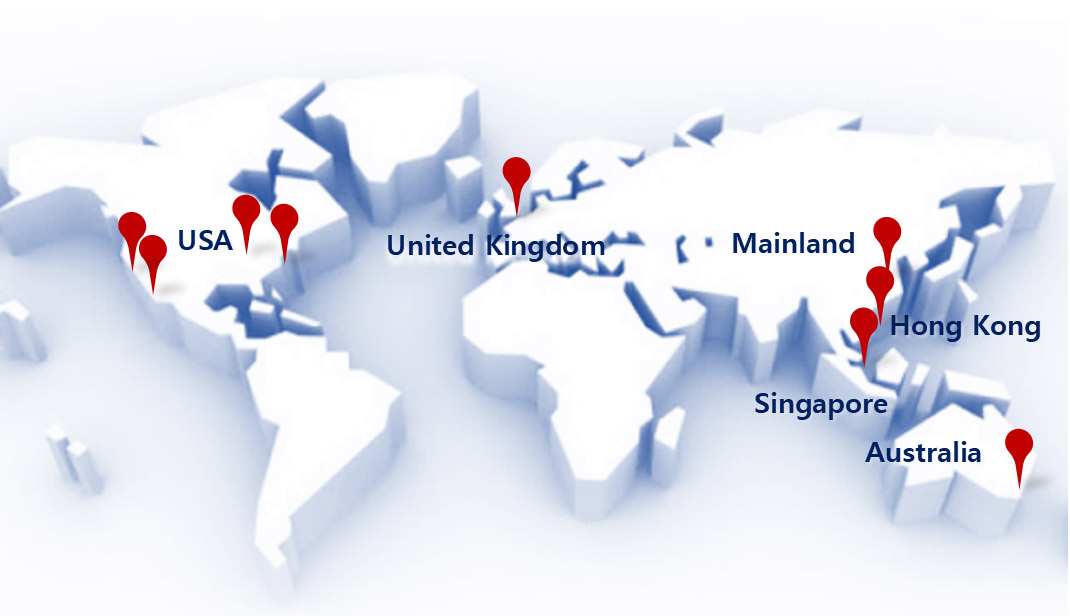
Why Biomedical Engineering at HKU?
Interdisciplinary Training
Our program uniquely integrates expertise from the world-leading Faculties of Medicine, Engineering, and Dentistry, providing a comprehensive biomedical engineering education.
Flexible Curriculum Design
Students can tailor their study plans based on their strengths and interests, allowing them to explore diverse biomedical engineering focuses, including the articulation pathway to MBBS.
Diverse Experiential Learning
Diverse hands-on learning experience and practical training opportunities, including a junior-year lab shadowing program, BME-specific training , summer internships, and final year projects.
Mission
At HKU, our Biomedical Engineering (BME) program trains a new generation of engineers to transform healthcare through a deep understanding of human biology and innovative engineering solutions. We empower students to apply cutting-edge principles and quantitative analysis to address unmet biomedical needs, particularly in healthy aging, ultimately enhancing health and quality of life.
Programme Objectives
Depth - Graduates possess an understanding of the fundamental and interdisciplinary knowledge prerequisite for the practice of, or for advanced study in biomedical engineering, including its scientific principles, methods, rigorous analysis, and creative design.
Breadth - Graduates possess broad and multidisciplinary education, including problem-solving skills and knowledge of important current issues in biomedical engineering, necessary for productive careers in the public or private sectors, or for the pursuit of graduate education.
Professionalism - Graduates demonstrate skills for clear and cross-disciplinary communication and responsible teamwork, and professional attitudes and ethics, so that they are prepared for the complex modern work environment and for lifelong learning.

Interdisciplinary and Inclusive BME Training
The BEng(BME) degree is offered by the Faculty of Engineering in conjunction with LKS Faculty of Medicine at HKU. Our teachers from both Faculties are the world-leading experts in their respective disciplines of biomedical sciences and engineering. It naturally offers a interdisciplinary and inclusive BME training environment for our BME students, including quantitative, design-oriented, and hands-on learning to tackle biomedical diagnostic/therapeutic problems. More details…
Potential Articulation Pathway to MBBS
The Bachelor of Medicine & Bachelor of Surgery (MBBS) is a six-year professional degree programme offered by the LKS Faculty of Medicine, HKU for training doctors in Hong Kong. To cultivate the next-generation medical practitioners, the Faculty of Medicine works closely with the Faculty of Engineering in offering a bridge for graduates of BEng(BME) to further studies in MBBS. We called this bridge an articulation pathway.
Subject to satisfactory completion of the BEng(BME) Programme, the BME graduates may apply for admission to MBBS Programme. They may be given advanced standing credits for some of the biomedical sciences components that they had already completed during their BME studies.

Potential articulation pathway to MBBS degree for BME graduates
Diverse Career Pathways
Through interdisciplinary education and dedicated mentorship, we strive to instil motivation for life-long learning and passion for innovation, entrepreneurial spirit and scientific discovery, among our BME talents. The programme prepares the BME graduates with a broad career pathways in the biotechnology industry in research and development (including co-founding biotechnology start-ups), practising as medical physicists in hospitals, biomedical engineers in hospital and other public sectors, and further education in graduate (Master or Ph. D. degrees) in Hong Kong or overseas. More details...

Professional Recognition
BEng(BME) is accredited by the Hong Kong Institution of Engineers (HKIE). With that standing, the professional qualification of our BME graduates is mutually recognized by most countries, such as the United States, Australia, Canada, Japan, Korea, New Zealand, Singapore and South Africa. Such recognition widens graduates' career opportunities globally.
